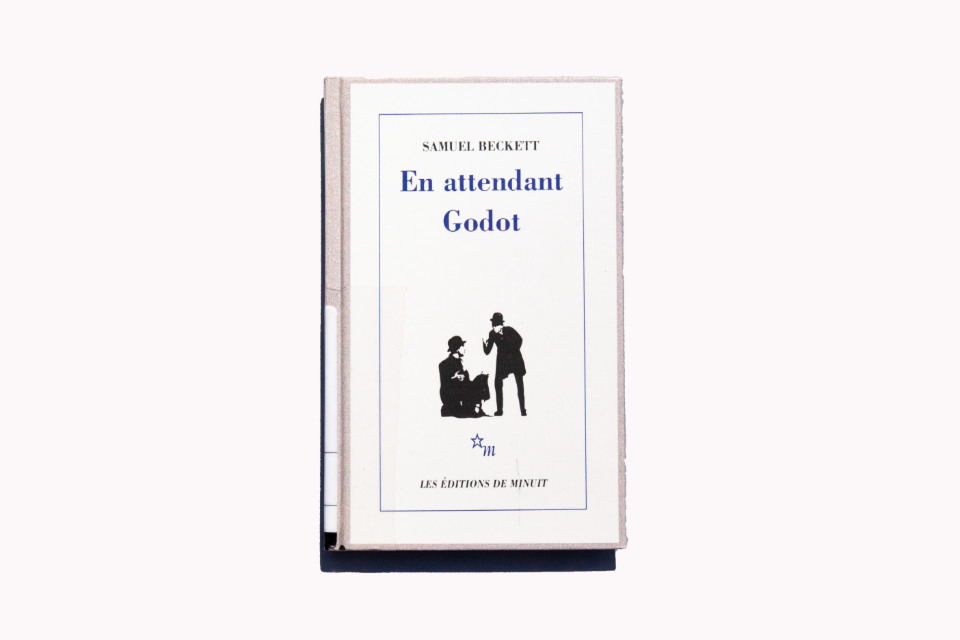The consequence of self-expression
Amir took the liberty of expressing his beliefs and embraced a demeanor of political activism, albeit somewhat inconspicuously: when he went to university, he went abroad to take classes that would be prohibited in Iran, he refrained from voting in the Iranian “elections”, and he took to creative writing to substantiate his ideas and beliefs. But during his studies he wrote a play, based on the life and works of Samuel Beckett, which was only performed once. It received quite the negative reaction from the Islamic office at the university, and it would put Amir permanently on the radar.
Although Amir had focused on natural sciences in high school – he was on the verge of pursuing his studies in dentistry – he chose to begin a Bachelor’s in English literature. It was one of those moments that decide the course of the rest of your life, Amir tells us. In a quest for self-expression and a love for Western literature, his turn to the humanities makes sense. But under a regime that does not allow different ideologies to coexist, pursuing a career in humanities is somewhat risky. Certainly a programme like English literature contains many subjects and worldviews that would be considered highly controversial by the Iranian authoritiesCanonical works like Satanic Verses by Salman Rushdie, are banned from the curriculum.
So, when Amir decided to write a play about Samuel Beckett during his Master’s, it raised a lot of controversy with the Islamic authorities connected to Tehran University. Naturally, Amir did not hide his ideas about the political situation in his country, and although he voiced them subtly, he knew he had to tread very carefully. He decided to only perform the play once to attract as little attention as possible. But still, he was called into the Islamic office at Tehran University, where he had to explain himself. “I didn’t want to lie, I wanted to stand up for my work and what I thought, but I knew I couldn’t. I had to lie for my own safety.” And so Amir told the authorities that the play was a mere adaptation of one of Samuel Beckett’s plays, nothing more, and certainly did not display any controversial ideas. But Amir knew he was in their records for good.
